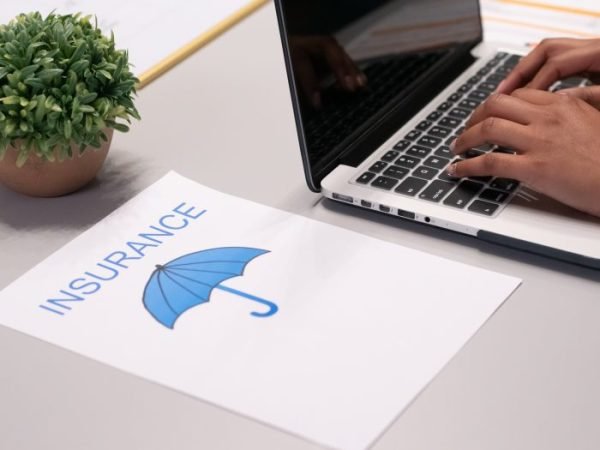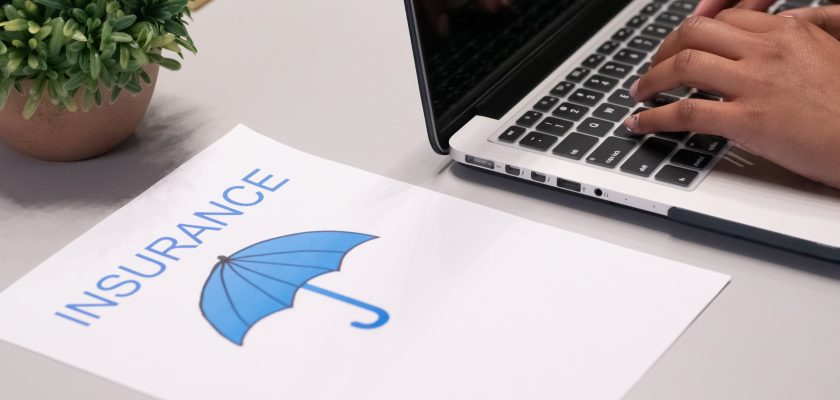
What Is Business Insurance?
Business insurance covers lost business income, property damage, lawsuits, theft, and other business losses. Business owners use multiple business coverages or combine several policies to save money on insurance.
As a business owner, you face different risks against your financial, physical, and intellectual property. If a customer makes a claim against your business general liability may help you cover the costs of the claim and even potential defense costs.
How To Determine Which Business Insurance You Need
Factors such as size, industry, location, and the number of employees determine which type of business insurance you need. Consider reviewing your business insurance needs regularly as coverage needs are likely to change in the current volatile business environment.
Often referred to as commercial insurance, business insurance is a layer of protection in case of injuries or damages. There are different types of business insurance depending on your business. These include:
- Theft
- Liability protection
- Vehicle insurance
- Property damage
- Loss of income
- Workers’ compensation
- Employee injury
- Customer injury
- Lawsuits, and more
While business needs and risks vary depending on the business environment, most businesses take out an owner’s policy that combines commercial property insurance, general liability insurance, and business income insurance.
Understanding Business Insurance
In the event of a loss, small businesses have more financial exposure. As a business owner, working with an experienced insurance broker can help you effectively assess the risks that you are exposed to and the coverage you need.
Visit the National Association of Insurance Commissioners to get a list of licensed agents in your state.
Types of Business Insurance and What They Cover
There are several types of business insurance you can consider as a business owner. These include:
Professional Liability
Professional liability covers you in case of a third-party claim against negligent business activities or failure to perform. Each business has unique concerns so consider talking to your insurance provider to find out what is covered under your policy. This type of insurance also covers:
Building and Contents Insurance
This type of insurance provides cover against damage and loss to any buildings you own in case of fire and extreme weather conditions such as storms. Buildings and content insurance also include any stock damaged in case of these risks and others listed in the policy.
Glass Insurance
The glass insurance policy covers the breakage of any external and internal glass or signage for which your business is legally liable. This can also include porcelain, ceramics, and mirrors used in hand basins or toilets.
Property Insurance
This type of insurance covers signage, equipment, furniture, and inventory. However, this cover does not protect against mass destruction caused by floods or an earthquake.
Of course, this policy is not necessary if you do not live in an area that is prone to these risks, consider a separate policy.
Another type of insurance that falls under this cover is personal property insurance. However, this type of insurance is usually expensive and bought as a rider. In case of a claim against your business, this policy reimburses you for replacement and damage costs.
Product Liability
Product liability insurance is useful for manufacturers who are prone to claims for damages caused by their products.
Vehicle Insurance
If you own a business vehicle, this type of insurance is useful for you. It covers third-party injuries and if you purchase a comprehensive business vehicle cover, the car in case of an accident.
Employees using their personal cars for business purposes are also covered under this policy in addition to their own personal vehicle insurance. Employees delivering goods or services at a cost to the business are excluded.
Employee Insurance
US-based businesses that have more than three employees are required by federal law to have disability insurance and workers’ compensation.
In case of lost wages due to injury on the job, workers’ compensation repays your employees if they are unable to work.
Employers’ liability covers any costs associated with employee bills if the disability insurance and workers’ compensation are insufficient.
Disability insurance can be short or long-term. While long-term insurance is provided by the state and wealthy individuals, short-term disability is usually taken by small businesses.
This type of insurance is used by employees who get injuries that require more time off compared to workers’ compensation and usually last less than 12 months.
Employee insurance is useful in cases such as:
- An employee crashing a forklift: Consider an employee who gets into an accident by using a forklift that has a flat tire. Workers’ compensation covers this type of accident if they were unaware that the forklift was defective.
- Delivery driver accident: If your delivery driver has an accident and gets injured, they can sue your business for compensation. Of course, your car insurance and workers’ compensation should cover the initial costs. However, the employer’s liability can cover any extra costs.
- Employee illness: Short-term disability is useful for covering employee illness. This type of insurance can cover up to 80% of lost wages for up to six months.
When Does Your Business Need Insurance?
No matter how small your business is, it is always a good idea to have business insurance. Whether you operate a sole proprietorship or a big corporation, you are always at risk of natural disasters, accidents, or getting sued.
Your business needs insurance if you have:
Employees: Any people employed by your business are a potential liability. Having workers’ compensation, disability insurance, and employer liability covers you against any potential claims.
Business growth: If your business is expanding rapidly, consider updating your insurance policies to cover any new property, vehicles, employees, and other changes.
New lease: Any time your business acquires a new property or signs a new lease, consider getting general liability insurance as it is likely required by your new landlord.
You move to a different location: Whenever you move your business to a different location, look at the state and federal requirements for workers’ compensation, disability insurance, and commercial auto insurance.
What Is Not Covered Under Business Insurance?
Business insurance does not cover natural disasters such as floods and other extreme weather events. Any customer property stored at your business is also not covered under business insurance.
Other damages that are not covered under business insurance include:
- Intentional acts
- Fraudulent acts
- Some acts of theft
- Auto accidents under standard general liability
Summary
As a business owner, you have worked hard to grow your enterprise. Business insurance protects your investment. Consider contacting a licensed business professional to find out which business insurance policy is right for you.

